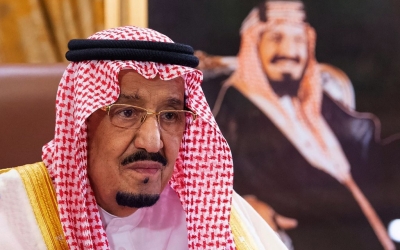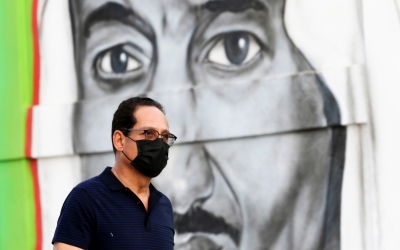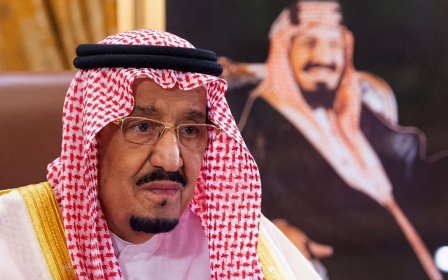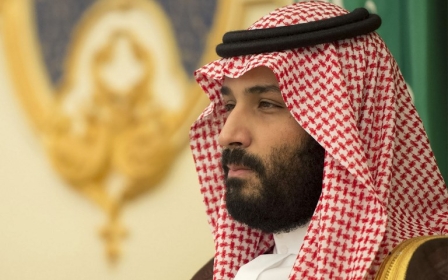Coronavirus spreading rapidly among Saudi royal family: Report
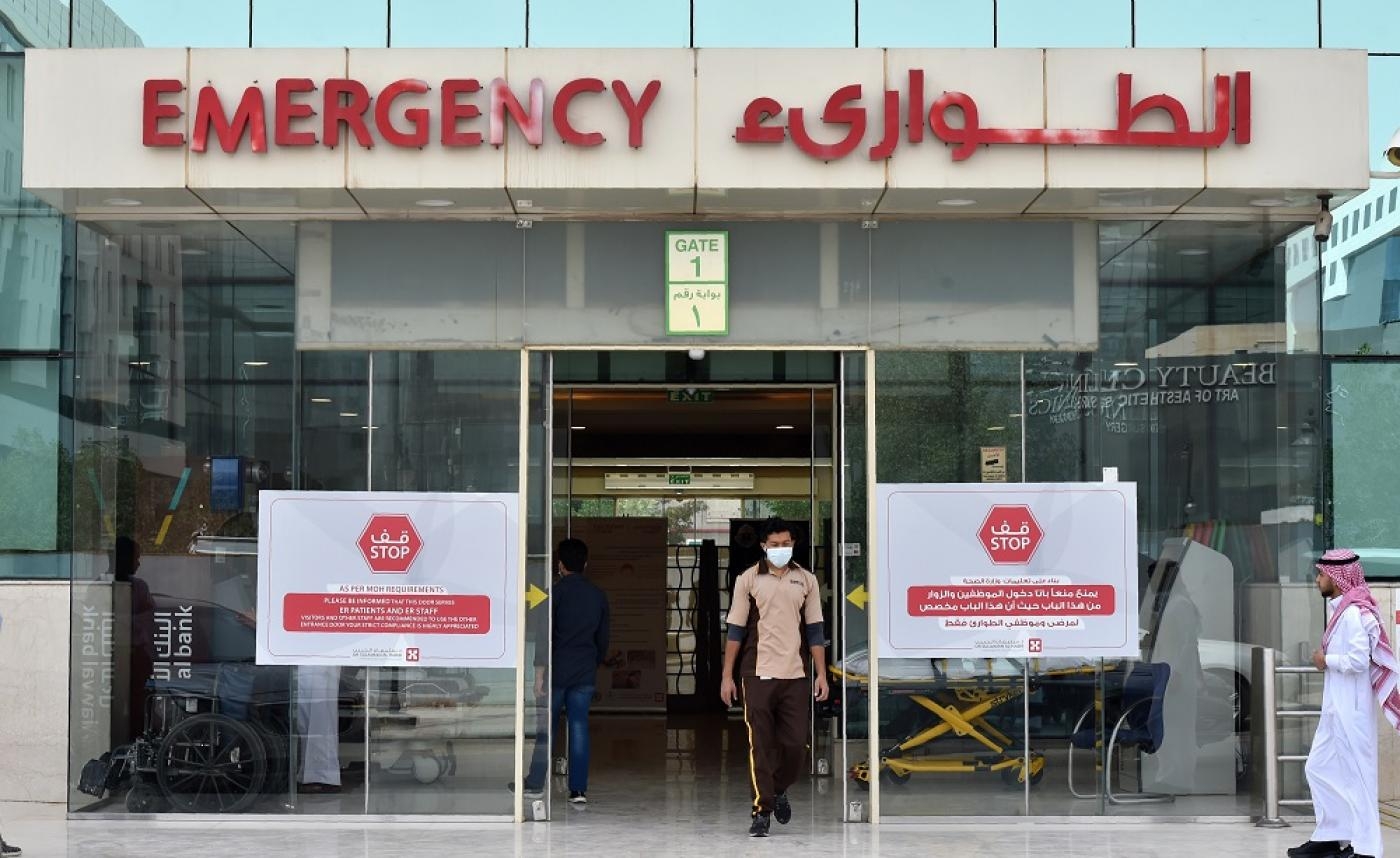
Doctors at Saudi Arabia’s King Faisal Hospital, where members of the royal family are treated, are preparing as many as 500 beds for an expected surge in numbers of coronavirus patients from the ruling Al Saud family, according to a US newspaper.
Dozens of family members, including Prince Faisal bin Bandar bin Abdulaziz Al Saud, the governor of Riyadh, are already being treated for the virus, according to a report in the New York Times (NYT) on Wednesday.
Last month, Middle East Eye reported that the hospital had been temporary closed after a staff member tested positive for Covid-19.
The hospital has a special wing for treating members of the royal family, particularly King Salman, 84, and his brothers.
“Directives are to be ready for VIPs from around the country,” hospital officials wrote in an internal "high alert," sent electronically on Tuesday night to senior doctors, a copy obtained by the NYT read.
It said any sick members of staff would now be treated at a less elite hospital to make room for the incoming royals.
As many as 150 royals are now believed to have the virus, including members of its lesser branches, a person close to the family told the newspaper.
Island palace
King Salman is now residing at an island palace near Jeddah on the Red Sea, while his son, Crown Prince Mohammed bin Salman, has fled with many of his ministers to a remote site on the same coast where he has previously vowed to build Neom, a futuristic city.
The royal family includes thousands of princes, many of whom travel regularly to Europe, and who are thought to have brought back the virus.
Following the kingdom's first case, a Saudi who had returned home after visiting Iran, and a handful of similar cases, authorities locked down areas of its eastern province.
The province is home to members of the country's Shia minority who were thought to have likely visited Shia holy sites or seminaries in Iran, the regional epicentre of the pandemic.
Three doctors with connections to hospitals in the kingdom told the NYT that the largest outbreaks of the virus were taking place among non-Saudis.
Migrant workers from southeast Asia or poorer Arab countries make up about a third of the kingdom’s population of roughly 34 million.
Most live in large, crowded camps outside the main cities, with several workers sharing a room. Their commute to work often involves long journeys on packed buses, perfect conditions for transmitting the virus.
'Decisive moment'
The country has so far reported 2,932 cases and 41 deaths, the highest in the six-nation Gulf Cooperation Council, despite halting all passenger flights, suspending most commercial activities and imposing a 24-hour curfew in major cities including Riyadh.
In a rare televised address on Tuesday, the same day the "high alert" directive was sent, Health Minister Tawfiq al-Rabiah warned the virus could eventually infect between 10,000 and 200,000 people in the kingdom.
Berating some Saudis' response to the crisis, Rabiah urged the public to adhere more closely to state directives against mixing and movement.
"We stand today at a decisive moment as a society in raising our sense of responsibility and contributing together with determination to stop the spread of this pandemic," he said.
Rabiah said the 24-hour curfews, imposed on Monday night, were needed because some were not taking the danger of infection seriously but were leaving their homes and gathering in groups.
King Salman approved another 7bn riyals ($1.86bn) for the health ministry to combat the disease, and another 32bn ($8.5bn) could be disbursed before the end of the year, Rabiah added.
This article is available in French on Middle East Eye French edition.
Middle East Eye propose une couverture et une analyse indépendantes et incomparables du Moyen-Orient, de l’Afrique du Nord et d’autres régions du monde. Pour en savoir plus sur la reprise de ce contenu et les frais qui s’appliquent, veuillez remplir ce formulaire [en anglais]. Pour en savoir plus sur MEE, cliquez ici [en anglais].


